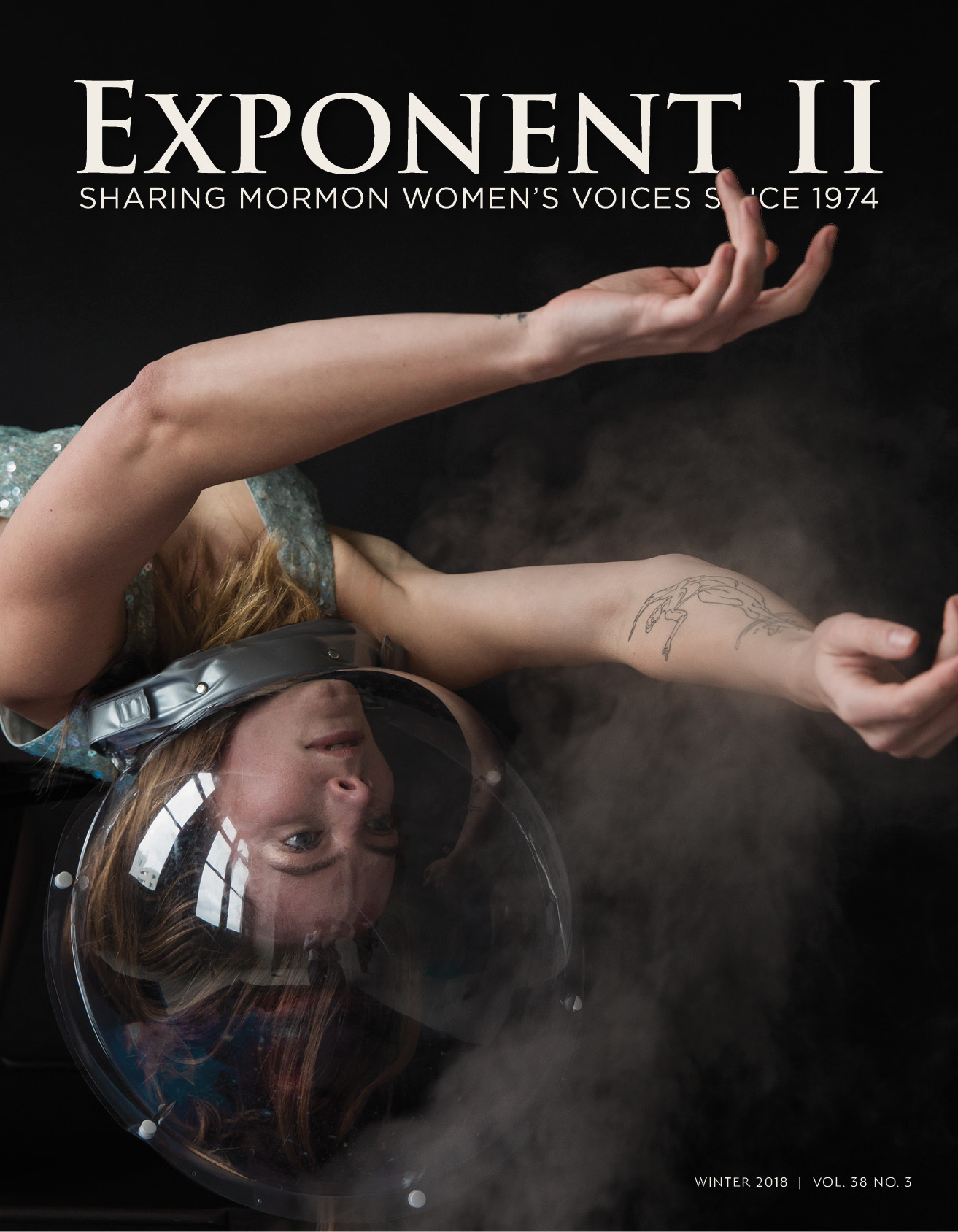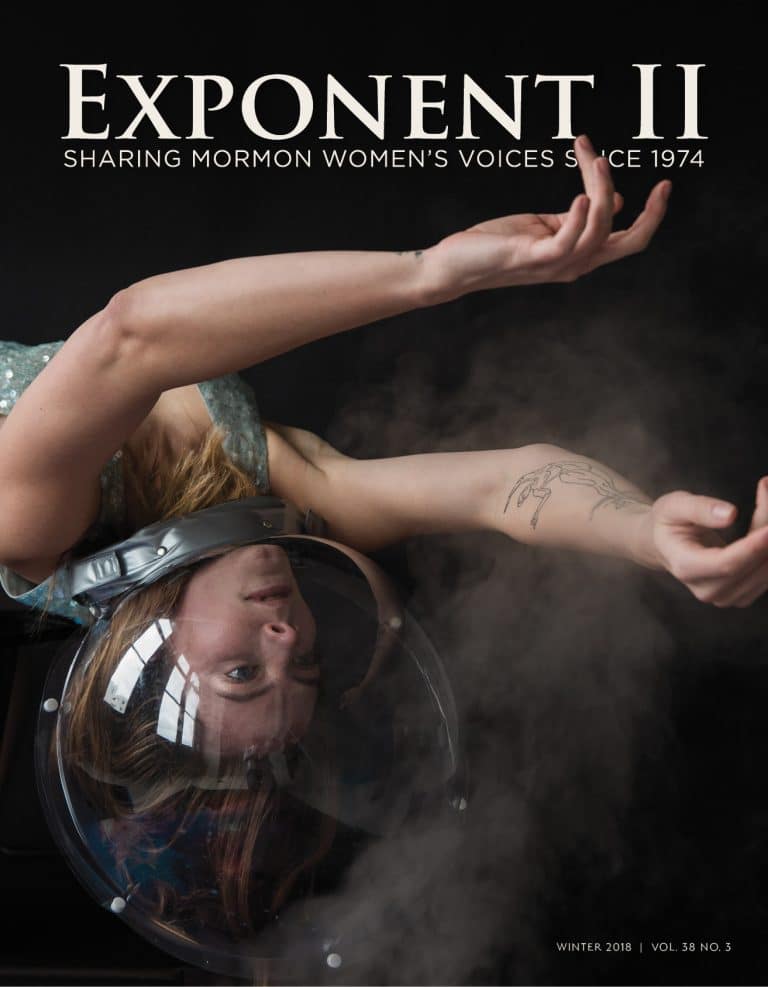
And Jacob was left alone; and there wrestled a man with him until the breaking of the day. And [the man] said, Let me go, for the day breaketh. And [Jacob]said, I will not let thee go, except thou bless me … And [the Angel] said, Thy name shall be called no more Jacob, but Israel … And he blessed him there.
Genesis 32:24-28
I taught Gospel Doctrine class for twelve years. Over those years my teaching style evolved. At first I did what I thought was expected. I studied for hours and outlined the most brilliant presentation of life-changing themes. I quickly realized two critical things. One, being brilliant about life-changing themes was hubris and unsustainable. And two, my class was boring and no one learned anything.
I tried a different approach. There is a corporate training adage that says, “The intelligence is in the room.” This assumes that, as a collective, the participants know all the answers. The teacher is a facilitator who orchestrates a learning experience where these insights can be shared. In experimenting with this invitation style, I also noticed that most of my students had only a cursory understanding of the text, even if they had read it several times before. This lack of engagement was often manifest by reducing all discussion to pseudo-profound platitudes or dismissive, even flustered, silence because “we are not meant to comprehend the meaning.”
My inspiration was the story of Jacob and the Angel. This narrative is a dare, a gauntlet thrown in how to read the scriptures. We wrestle with the text. I love the physicality of this language. Jacob refuses to let the spiritual confrontation end until he has been blessed, until he has learned something that will change him. By giving him a new name, the Angel transforms Jacob, now Israel, creating for him a new trajectory in a world that Israel will now see differently. But Israel insists not only on a blessing but knowledge, he wants to see the face of God. None of this comes easily. It is a fight, a discourse, an unfolding, a wrestle with the unknown.
How could I infuse this level of engagement into a 40-minute discussion every Sunday?
I translated the story of Jacob and the Angel into my own class formula. I planned the following lesson each week: Disperse the assigned text and students read the sections aloud. Savor the language, define unfamiliar words, swoon over beautiful poetry. Discuss what is happening in and around the narrative – what is going on in the story? Add historical context, primary sources and speculated authorship. Discuss the Christian action, intent, and/or the greater purpose – why was this included in our scriptures? Share what this means to us outside of the text, what action will we take, what will we do differently, having read and understood? How will we change our name?
Sometimes we had productive discussions. Sometimes I was reported to the Bishop. Sometimes the careful reading uncovered troubling questions no one wanted to talk about. Sometimes however, someone would experience a dawning so bright, we were dazzled by the power of the author’s voice, transcending time with an unexpected relevance.
The theme for this year’s contest invited writers to wrestle with the scriptures. The responses illustrate meaningful scriptorial encounters that leave the writer and readers transformed. This collection includes Lindsay Denton’s essay about the effort of seeking revelation through study (D&C 9:8), Heidi Toth’s essay about whether her imperfect faith is enough (Mark 9:23-24), and Lauren Ellison’s essay about the challenge of parenting a child struggling with addiction (Alma 5:26). The issue also includes an artist feature with Annie Poon, whose work has been featured in the Metropolitan Museum of Art and whose book “Draw Your Way Through the Book of Mormon” will appear in April. The winning essay, “Brick and Martyr” by Stephanie Sorensen, describes her personal journey of recovering from a childhood steeped in polygamist patriarchal abuse.
This individual activity of interacting with text often reveals the universal desire for humans to connect with each other and with the divine. A class becomes a metaphor for our community. Essays and artwork express and reach out in support of the community. And the wrestle illuminates our everyday struggle to know how to live, to live better, and to live engaged with God.



